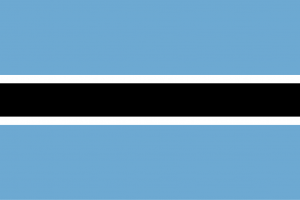
Nigeria, located in West Africa, is the most populous country in Africa and one of the most diverse nations in the world. From its vibrant cities to its vast natural landscapes, Nigeria has a rich cultural heritage, a booming economy, and a fascinating history that continues to shape the African continent.
Nigeria is a dynamic and diverse country, with a rich cultural heritage and breathtaking landscapes. Whether you’re exploring the bustling city of Lagos, trekking through wildlife reserves, or learning about the nation’s deep history and traditions, Nigeria offers an unforgettable experience for travelers. With its growing economy, vibrant music scene, and warm hospitality, Nigeria is undoubtedly one of Africa’s most fascinating destinations.

